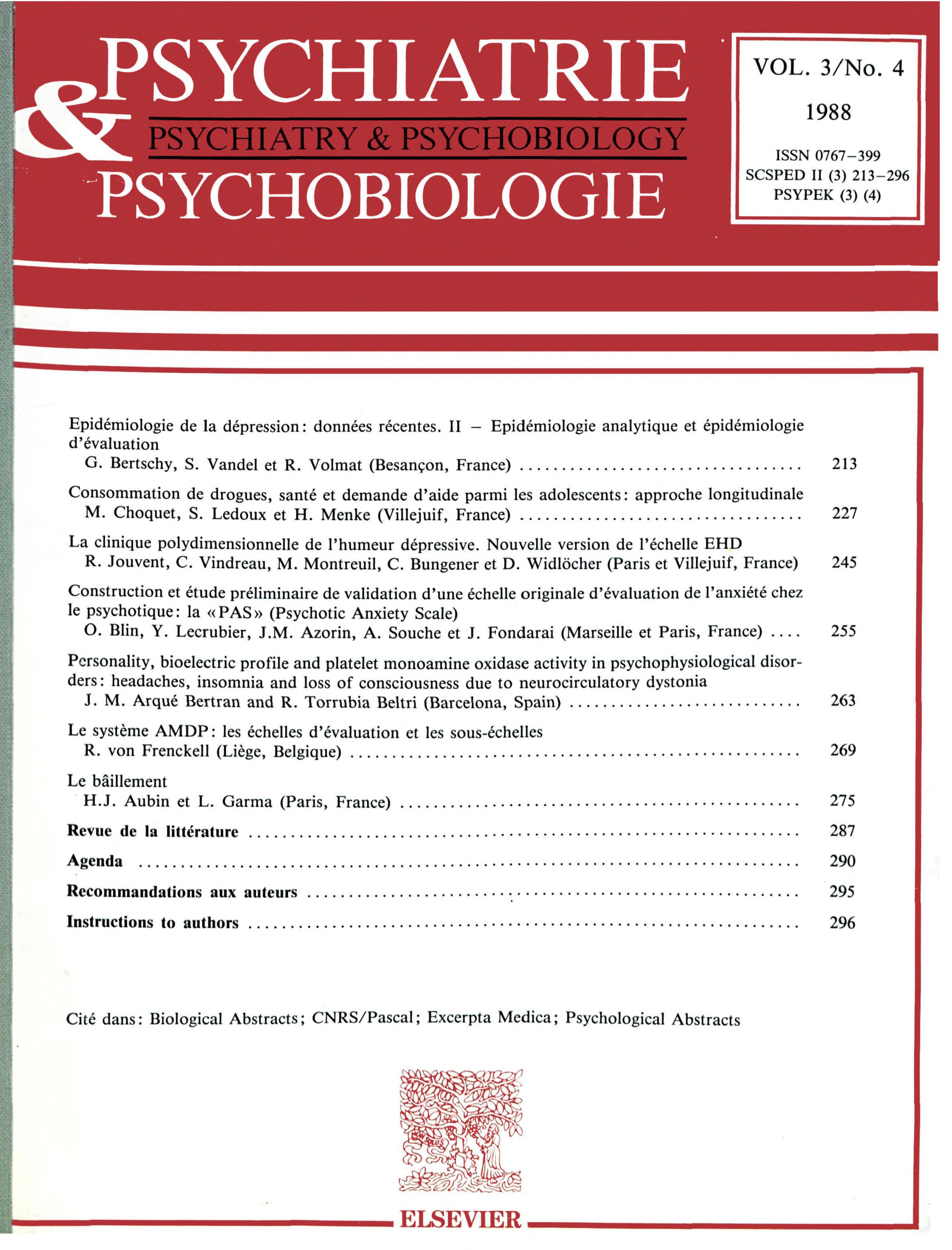Article contents
Factores psicosociales y enfermedad crónica en la niñez
Published online by Cambridge University Press: 12 May 2020
Resumen
La enfermedad crónica en un niño requiere un ajuste organizativo y emocional acertado del niño y la familia. La manera de adaptarse del niño y la familia a la enfermedad afectará a su bienestar psicológico y a su calidad de vida. Esta revisión resume hallazgos de investigación recientes sobre la relación entre factores de enfermedad, funcionamiento individual y familiar, estrategias de afrontamiento y ajuste psicosocial. Los hallazgos se presentan dentro del marco de tres modelos teóricos complementarios: el enfoque evolutivo familiar, la tipología psicosocial de enfermedades y el modelo de proceso de estrés y afrontamiento. Estos modelos son útiles para una comprensión mejor de las complejas interacciones entre enfermedad, familia y afrontamiento, y ofrecen a los profesionales que participan en la asistencia de niños enfermos crónicos directrices para la evaluación y el desarrollo de programas de intervención. La revisión empieza examinando las repercusiones de la enfermedad crónica sobre el ajuste psicosocial del niño enfermo, sus hermanos y parientes. Luego, se discuten factores que producen estrés psicosocial y factores de riesgo desde el punto de vista de las características relacionadas con la enfermedad y con la familia. Se presentan recursos y estrategias de afrontamiento que se han mostrado relacionados con el ajuste infantil y de los padres, y por último se describen programas de intervención que tienen éxito.
- Type
- Artículo original
- Information
- Copyright
- Copyright © European Psychiatric Association 1996
References
Bibliografia
- 1
- Cited by


